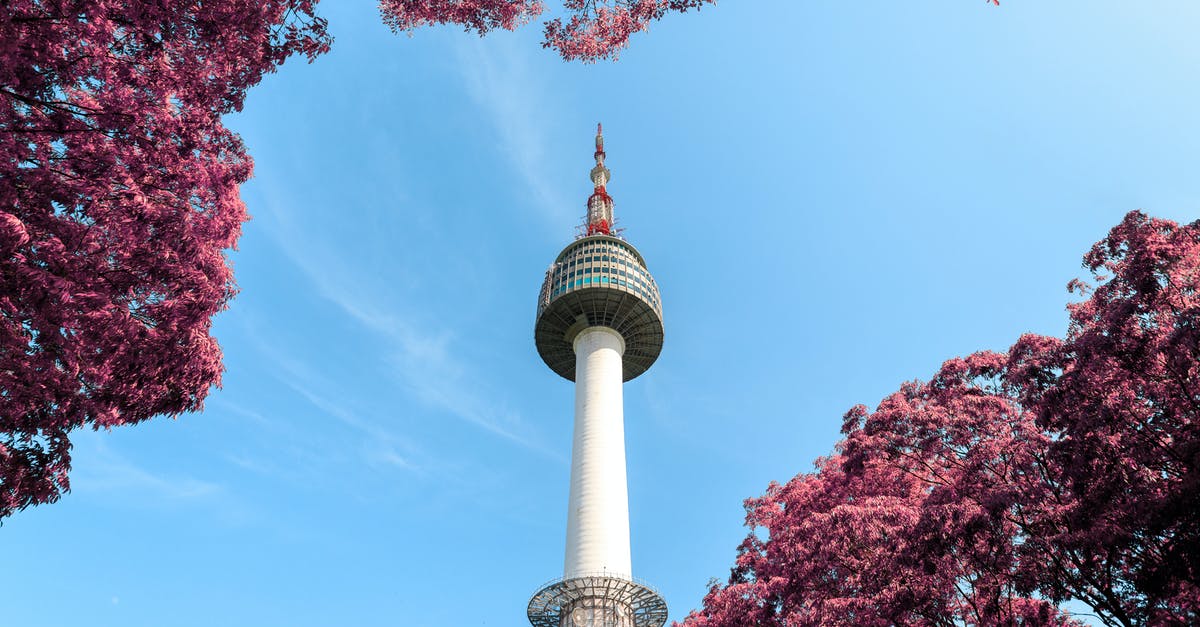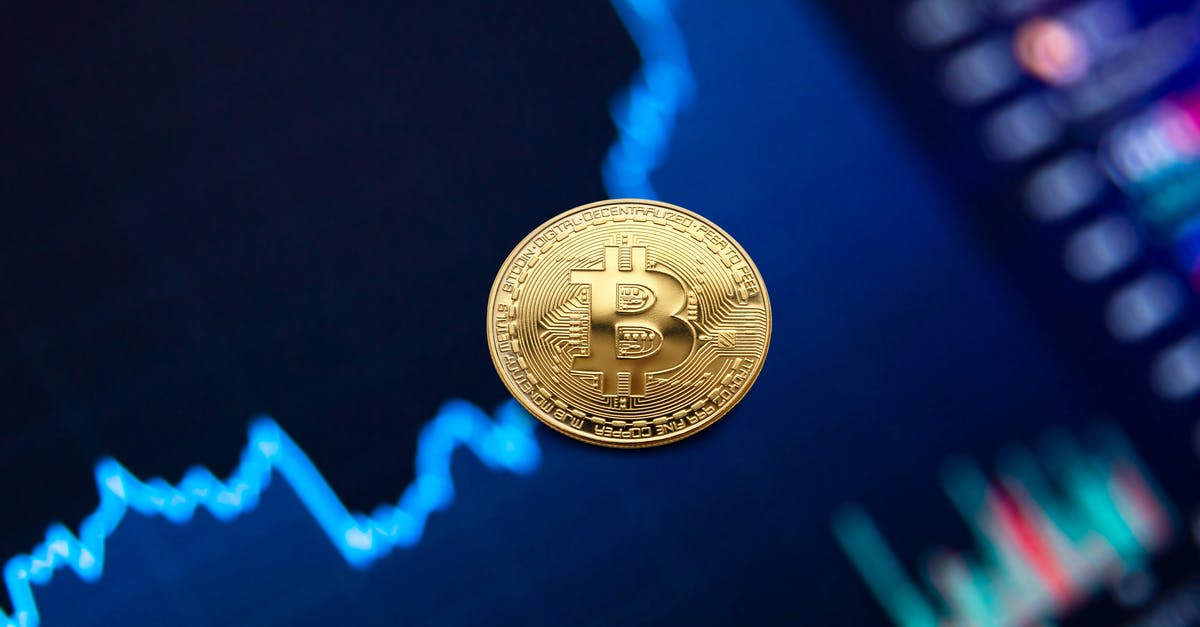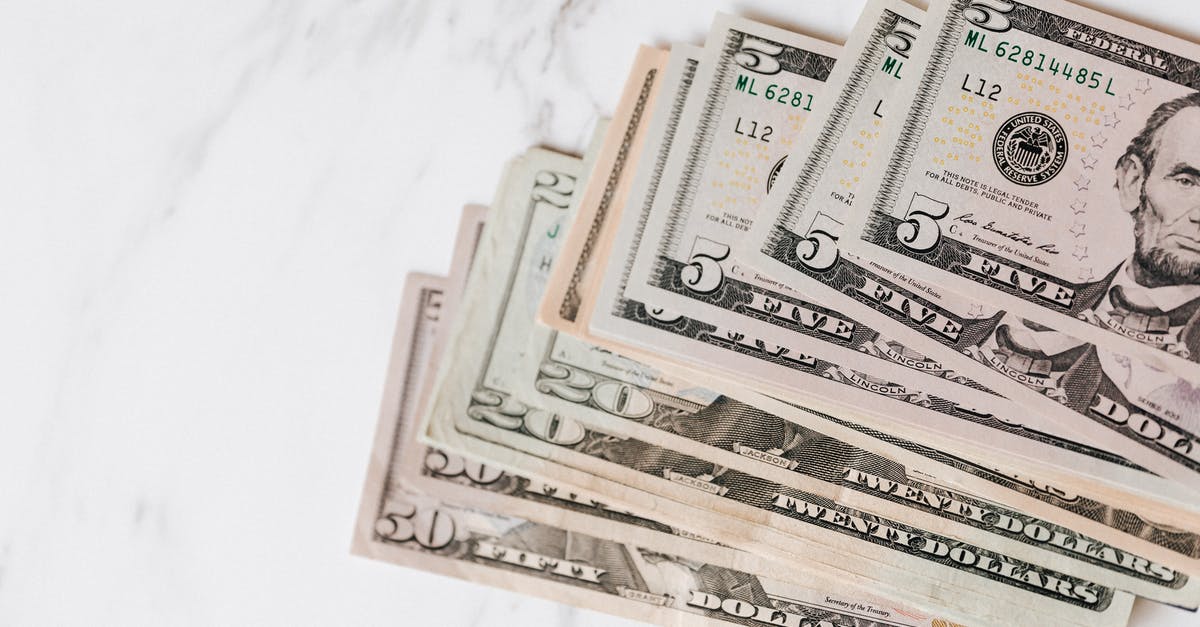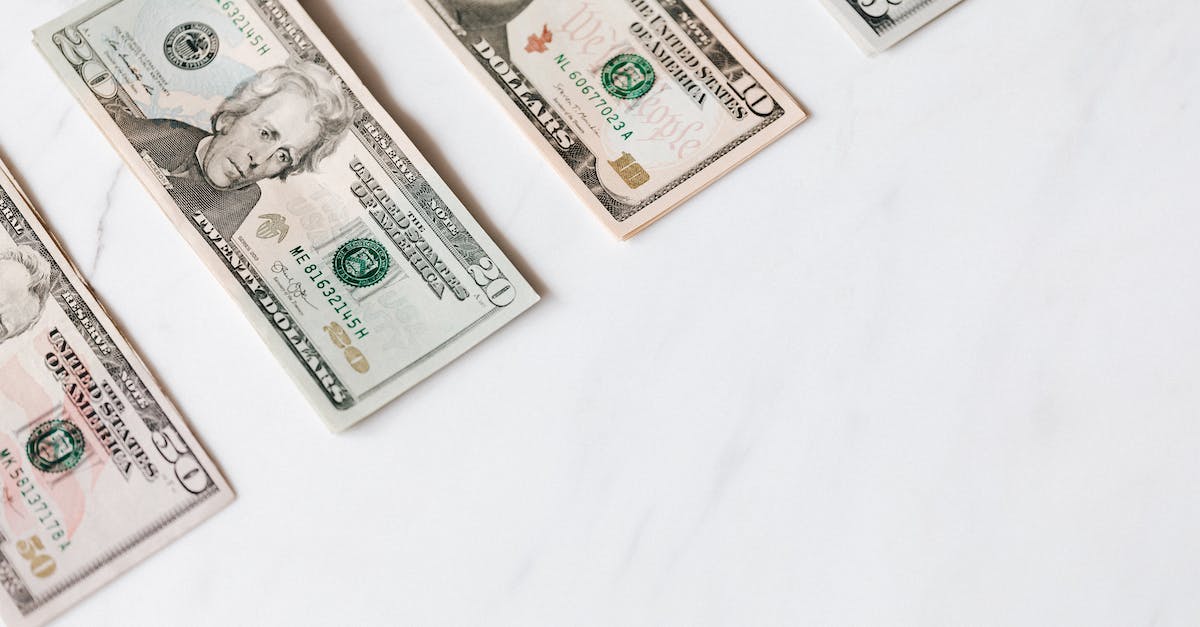Do ATMs at Incheon International Aiport in South Korea have high fees or bad exchange rates

At least a couple of times I've arrived from a long flight and headed to the ATM in the airport to get some local currency only to find out that the ATMs in the airport are special and will rip you off by either charging additional fees or just giving a worse exchange rate than usual (I can't recall which). The last time I remember this happening was in Narita, Japan some years ago.
This time I'm flying to Seoul and though I've been there before I can't recall if I've had to use the ATM or if they were a rip-off. I think I always had Korean money in advance.
So do the ATMs at the airport in Seoul cost the same as ATMs in the city or are they more expensive?
Best Answer
I've never come across a country where ATM fees varied depending on the location of the ATM.
Whilst it's certainly possible that there exist some "private" ATMs in various airports that charge more, but the normal bank-operated ATMs will charge exactly the same fees and give exactly the same exchange rate through-out the country.
Specific to Seouls Incheon airport (ICN), there are multiple ATMs within the airport operated by the major Korean banks (Shinhan and Kookmin, and potentially others), all of which will give you the same exchange rate and charge the same fees as the equivalent ATMs anywhere else in the country.
In many cases the fees WILL vary slightly between banks, especially if your home bank has a relationship with one of the local banks, in which case there may not even be any fees. It's worth checking with your bank before heading to any country to see if they have any such relationships. eg, the Global ATM Alliance allows cardholders from certain banks to use some international ATMs free of charge - although they do not have any ATMs in South Korea so this does not help you in this specific case.
Also keep in mind that not all Korean ATMs will work with "foreign" cards - you need to look for an ATM which is specifically labeled as "Global" and/or has the Maestro/Cirrus logos on it. All of the ATMs at the airport should be fine, but elsewhere it may only be one of the ATMs available at a specific branch that will work with your card. (This was the case last time I was there a few years ago, not sure if it's changed by now or not)
Not all ATMs (including those at the airport!) are open 24 hours, with many "closing" at around 11pm. Some, including the Citibank ATM at the airport, are open 24 hours.
Pictures about "Do ATMs at Incheon International Aiport in South Korea have high fees or bad exchange rates"



Is it better to exchange money at airport or ATM?
The exchange rate that you get from a foreign ATM is likely to be a better deal overall than what you would get from an airport kiosk, but ATM fees can add up, so make sure you're taking out enough cash to be worth the fee.Does South Korea have a fixed exchange rate?
South Korea has a free- floating exchange rate (a rate determined by supply and demand). This type of fluctuating exchange rate limits the MOFE's ability to prevent or to minimize the negative impacts of sudden changes of exchange rates.How much money can you withdraw from an ATM in Korea?
South Korea ATM max cash withdrawal limits You'll find that bank ATMs set their maximum cash withdrawal limits to reflect this legislation, a transaction limit of KRW1,000,000, and a daily limit of KRW6,000,000 is common.What are airport currency exchange fees?
Much like knowing stadiums overcharge for beers, it's no secret that airport exchanges are an expensive option for trading in money. Most charge a fee or service charge of anywhere from $5 to $15, and the exchange rate you get can be seven to 15 percent worse than the standard bank rate.#26 SEOUL SOUTH KOREA 🇰🇷 | MONEY $aving Tips at INCHEON (ICN) AIRPORT
More answers regarding do ATMs at Incheon International Aiport in South Korea have high fees or bad exchange rates
Answer 2
I used a Shinhan bank "global ATM" at the airport (it was along the path to the AREX station) two weeks ago, and there were no fees that were out of the ordinary. The exchange rate was exactly what Google said it would be (to enough significant digits that you wouldn't care about it).
The only fees I got were the 3% foreign ATM fee and the $5 foreign ATM fee charged by my bank (Bank of America). As far as I can tell, Shinhan bank didn't charge me anything extra.
Answer 3
They shouldn't as long as they are public ATMs as Doc says. Do note though, when asked to do conversion to your local currency by the ATM provider or your home/local bank, always pick your home/local bank. This will save you (depending on your local currency) somewhere around ?3000 (or at least it did when I was last there) in charges to your account. Always let currency conversions be handled by your home/local bank, because you are most likely paying for use of foreign ATMs already (not a big charge, I had to pay about €30 for taking out about 100 times that over the span of three weeks).
If I recall correctly Hanabank branded ATMs were the cheapest ones to use and 99 out of a 100 times did they have at least one international ATM in their branch.
Answer 4
I don't know about the fees, but I remember from my trip in 2007 that there were a few currency exchange places in Myeongdong that had better exchange rates (at least for yen to won) than the currency exchange at the airport. By the way, why use the ATM? Isn't currency exchange better?
Sources: Stack Exchange - This article follows the attribution requirements of Stack Exchange and is licensed under CC BY-SA 3.0.
Images: Aleksandar Pasaric, Ivan Babydov, Karolina Grabowska, Karolina Grabowska
